Program
|
The Attunement mm - oo - oh - ah |
||||||||||||||||||||||||||||
|
The Frame Whirling Through Grief |
||||||||||||||||||||||||||||
|
Rumi's Sheb e Arus (Rumi's Wedding Night) |
||||||||||||||||||||||||||||
| Yuval Ron | Oud, Story Teller and Musical Director |
| Khawaja Ehrari | Lead vocals, Ney |
| Banafsheh Sayyad | Whirling Sacred Movement Prayer |
| Misaq Eshaghi | Kamanche, Tombak, Daf, Vocals |
| Matin Eshaghi | Tar, Daf, Vocals |
| Housain Ehrari | Percussion |
Despite having lived in 13th Century Persia, Jelal Al-Din Mohammad Rumi is one of the most well known and celebrated poets around the world in the modern day. Though he came from an Islamic background, and was a well respected scholar of Islamic philosophy and jurisprudence, his poetry speaks to people of a spiritual presence beyond the boundaries and dogmas of any particular religious beliefs and practices.
Tonight we celebrate his ‘wedding night’, the day he passed away from this world and was reunited with the divine beloved he so ardently sought throughout his life.
For his first 37 years, Rumi lived the life of a devout muslim. His father was a teacher and a scholar, and he followed in those same footsteps, gathering students around him as he taught the deep meanings of Islamic philosophy and law. He married, had children, and otherwise lived a quiet life as a prominent and respected citizen of his community.
There are two events that changed the course of his life forever and shaped the poet and mystic we love today.
The first event was his encounter with Shams Tabrizi, the irascible wandering mystic who spent nearly his whole life searching for a companion with whom he could share mystical communion. For most of his 60 years, Shams sought direct experience of the divine. Tragically misunderstood by both the scholars and the dervishes of his time, he was also incredibly lonely. In his deepest longing for true companionship he prayed until a voice answered, “what will you give for friendship?”
He replied, “My head!”
The voice responded, “go to Konya, you will find your friend”.
The story of the first meeting between Rumi and Shams is the stuff of legends. One version goes like this:
Shams enters the main plaza of Konya and sees a man sitting on the central fountain reading from a stack of spiritual books. He approaches him and asks, “Can you tell me the meaning of what you are reading?”
Rumi looks up from his book and sees this poor, disheveled nomad covered in the dust of travel and says, “you wouldn’t understand”.
Shams shrugs and turns away. As he does so the stack of books bursts into holy fire. Rumi, startled, lets out a cry and jumps up, knocking the books into the fountain.
Shams calmly walks to the basin and pulls the books out, each perfectly dry and undamaged. Bewildered, Rumi asks “what is happening?” To which Shams replied, “you wouldn’t understand.”
In that moment, Rumi’s heart broke open and he prostrated himself before this wild dervish. Shams bent down to him and said, “it is time to live the truth you have only read about in books.”
For the next four years, Rumi and Shams were constant companions. Much to the consternation of Rumi’s students and family, they would often disappear together for weeks or months of retreat in deep communion with each other learning the inner mysteries. It was during this time Shams taught Rumi the ritualistic, prayerful whirling.
The second formative event in Rumi’s life is at the end of this companionship when Shams disappears without warning and never returns. We don’t know if he was killed or simply decided to continue on his wanderings. We do know Rumi lost himself to grief and spent months searching for his friend.
One day, while looking for Shams in Damascus, Rumi entered the gold market and heard within the hammering of the goldsmiths the Zikr: “la ilaha illallah” — there is no reality by God. Bewildered, he began turning in circles looking for the voice. In that moment his heart broke open once more and he saw with clarity that the living presence of his friend was all around him and within him as well.
Rumi writes:
There is a strange frenzy in my head
Of birds flying,
Each particle circulating on its own.
Is the one I love everywhere?
It is this moment of clarity — moving through loss, turning towards the Truth, shedding the ego, and letting the divine in, that has become the basis of the Sufi whirling ritual.
It is good to remember that this sacred practice comes from grief. All too often grief clutches the ego and can turn our gaze inward until we see only ourselves. It can lead us to indulgent self-pity, terrible loneliness, or thoughts of vengeance and retribution, lashing out with our hurt and loss as we spread our misery to others. We are all hurting and to measure our pain against one another in a contest of the miserable is the ego doing its divisive work.
This whirling practice opens us up, widens our embrace, and invites the rest of the whole world in. It is a reminder that our hurt is not ours alone, but shared; that our grief belongs to all of us, just as we ourselves belong to each other. It is through this shared grief that we also find shared comfort, an expansive understanding of our true relationship to one another and the world around us, a relationship steeped in presence, communion, and peace.
Or, as Rumi might rebuke any cynics and cold onlookers:
This dance is the joy of existence.
Without further ado, I present the Yuval Ron Ensemble!
Program
|
The Attunement mm - oo - oh - ah |
|||||||||||||
|
The Frame Whirling Through Grief |
|||||||||||||
|
Rumi's Sheb e Arus (Rumi's Wedding Night) |
|||||||||||||
| Yuval Ron | Oud, Story Teller and Musical Director |
| Khawaja Ehrari | Lead vocals, Ney |
| Banafsheh Sayyad | Whirling Sacred Movement Prayer |
| Misaq Eshaghi | Kamanche, Tombak, Daf, Vocals |
| Matin Eshaghi | Tar, Daf, Vocals |
| Housain Ehrari | Percussion |
Despite having lived in 13th Century Persia, Jelal Al-Din Mohammad Rumi is one of the most well known and celebrated poets around the world in the modern day. Though he came from an Islamic background, and was a well respected scholar of Islamic philosophy and jurisprudence, his poetry speaks to people of a spiritual presence beyond the boundaries and dogmas of any particular religious beliefs and practices.
Tonight we celebrate his ‘wedding night’, the day he passed away from this world and was reunited with the divine beloved he so ardently sought throughout his life.
For his first 37 years, Rumi lived the life of a devout muslim. His father was a teacher and a scholar, and he followed in those same footsteps, gathering students around him as he taught the deep meanings of Islamic philosophy and law. He married, had children, and otherwise lived a quiet life as a prominent and respected citizen of his community.
There are two events that changed the course of his life forever and shaped the poet and mystic we love today.
The first event was his encounter with Shams Tabrizi, the irascible wandering mystic who spent nearly his whole life searching for a companion with whom he could share mystical communion. For most of his 60 years, Shams sought direct experience of the divine. Tragically misunderstood by both the scholars and the dervishes of his time, he was also incredibly lonely. In his deepest longing for true companionship he prayed until a voice answered, “what will you give for friendship?”
He replied, “My head!”
The voice responded, “go to Konya, you will find your friend”.
The story of the first meeting between Rumi and Shams is the stuff of legends. One version goes like this:
Shams enters the main plaza of Konya and sees a man sitting on the central fountain reading from a stack of spiritual books. He approaches him and asks, “Can you tell me the meaning of what you are reading?”
Rumi looks up from his book and sees this poor, disheveled nomad covered in the dust of travel and says, “you wouldn’t understand”.
Shams shrugs and turns away. As he does so the stack of books bursts into holy fire. Rumi, startled, lets out a cry and jumps up, knocking the books into the fountain.
Shams calmly walks to the basin and pulls the books out, each perfectly dry and undamaged. Bewildered, Rumi asks “what is happening?” To which Shams replied, “you wouldn’t understand.”
In that moment, Rumi’s heart broke open and he prostrated himself before this wild dervish. Shams bent down to him and said, “it is time to live the truth you have only read about in books.”
For the next four years, Rumi and Shams were constant companions. Much to the consternation of Rumi’s students and family, they would often disappear together for weeks or months of retreat in deep communion with each other learning the inner mysteries. It was during this time Shams taught Rumi the ritualistic, prayerful whirling.
The second formative event in Rumi’s life is at the end of this companionship when Shams disappears without warning and never returns. We don’t know if he was killed or simply decided to continue on his wanderings. We do know Rumi lost himself to grief and spent months searching for his friend.
One day, while looking for Shams in Damascus, Rumi entered the gold market and heard within the hammering of the goldsmiths the Zikr: “la ilaha illallah” — there is no reality by God. Bewildered, he began turning in circles looking for the voice. In that moment his heart broke open once more and he saw with clarity that the living presence of his friend was all around him and within him as well.
Rumi writes:
There is a strange frenzy in my head
Of birds flying,
Each particle circulating on its own.
Is the one I love everywhere?
It is this moment of clarity — moving through loss, turning towards the Truth, shedding the ego, and letting the divine in, that has become the basis of the Sufi whirling ritual.
It is good to remember that this sacred practice comes from grief. All too often grief clutches the ego and can turn our gaze inward until we see only ourselves. It can lead us to indulgent self-pity, terrible loneliness, or thoughts of vengeance and retribution, lashing out with our hurt and loss as we spread our misery to others. We are all hurting and to measure our pain against one another in a contest of the miserable is the ego doing its divisive work.
This whirling practice opens us up, widens our embrace, and invites the rest of the whole world in. It is a reminder that our hurt is not ours alone, but shared; that our grief belongs to all of us, just as we ourselves belong to each other. It is through this shared grief that we also find shared comfort, an expansive understanding of our true relationship to one another and the world around us, a relationship steeped in presence, communion, and peace.
Or, as Rumi might rebuke any cynics and cold onlookers:
This dance is the joy of existence.
Without further ado, I present the Yuval Ron Ensemble!
|
Proudly powered by Weebly
|

